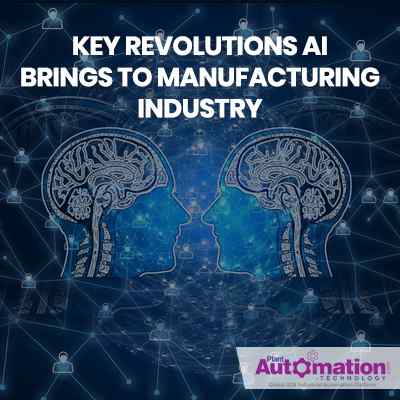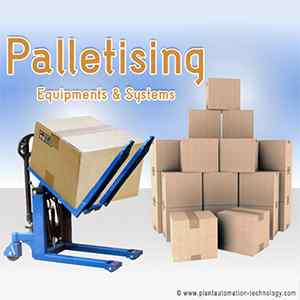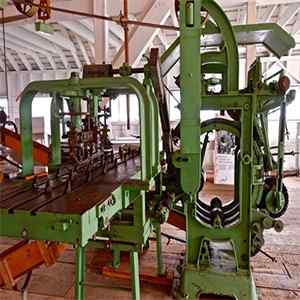Articles
Key Revolutions AI Brings to Manufacturing Industry

The manufacturing industry has been witnessing the higher productivity and increased efficiency with the help of Artificial Intelligence (AI). Deploying AI in the manufacturing sector will enhance competence, and simplicity into the process of production through mechanization of tasks previously performed by humans. This will assist in advancing machine interactions and promote real time decision making in the process of manufacturing.
According to MarketsandMarkets report, the AI in manufacturing market is expected to grow from USD 1.0 billion in 2018 to USD 17.2 billion by 2025, at a CAGR of 49.5% during the forecast period.
The growth of the AI is fueled due to the increase in the availability of big data and venture capital investments. In addition to this, evolving industrial IoT and automation are also augmenting the growth of the AI in manufacturing market.
In improving the productivity of manufacturing industries, Artificial Intelligence plays a major role. AI has the potential to enhance and extend the capabilities of humans, and help organizations or businesses achieve more, faster, and more efficiently.
Businesses can improve their revenues, market shares using AI-driven analytics and real-time insights, which will empower staff to work smarter.
A global research firm, Forrester says that 58% of business and technology professionals are researching AI systems, yet only 12% are actively using them.
Here are the key revolutions AI brings to manufacturing industry:
a) Predictive Maintenance
Manufacturing businesses may undergo ongoing maintenance of production line machinery and equipment, which is a major expense. This will create a crucial impact on the bottom line of any asset production operation.
A report shows that an unplanned downtime costs of the manufacturing plants were estimated US$50 billion annually. In addition, asset failure is the cause of 42 percent of this unplanned downtime.
For this reason, predictive maintenance has become a must have solution for manufacturers to determine the condition of in-service equipment to presume when maintenance should be performed.
Predictive maintenance helps to reduce cost savings or time-based preventive maintenance. It uses advanced AI algorithms in the form of machine learning and artificial neural networks to check predictions regarding asset malfunction. Implementing predictive maintenance will reduce downtime, as well as extend the Remaining Useful Life (RUL) of production machines and equipment.
b) The rise of Quality 4.0
It became very tough to maintain quality standards to the manufacturing industries due to time-to-market deadlines, a rise in the complexity of products. On the other hand, customers are expecting faultless products and demanding manufacturers to increase their quality.
This is the reason why, manufacturing industries prefer Quality 4.0 in the manufacturing processes.
Quality 4.0 involves the use of AI algorithms to notify manufacturing teams of emerging production faults that are likely to cause product quality issues. Quality 4.0 blends new technologies with traditional quality methods that provide operational excellence, performance, and innovation.
The new technologies include Machine Learning/artificial intelligence, connected devices and operations, new forms of collaboration like cloud computing, big data, block-chain, and new apps like AR/VR mash-ups.
Implementing Quality 4.0 enables manufacturers to collect data about the usage of products and their performance. This helps product development teams to make both strategic and tactical engineering decisions.
c) Human-Robot Collaboration
According to the International Federation of Robotics, there will be more than 1.3 million industrial robots in industries across the globe by the end of 2018. In the manufacturing industry, workers will be trained for more advanced positions in design, maintenance, and programming, as robots are taking over humans and entering the production floor alongside human workers.
As part of human-robot collaboration, robots are capable to handle more cognitive tasks and make autonomous decisions based on real-time environmental data for further optimizing processes.
d) Adapting to an ever-changing market
Adapting to an ever-changing market involves the usage of artificial intelligence (AI algorithms) to optimize manufacturing supply chains. AI algorithms help to enhance consumer behavior and more. It is helpful to manufacturers as it allows them to optimize staffing, inventory control, energy consumption and the supply of raw materials.
Bottom-line:
Artificial Intelligence (AI) is revolutionizing the manufacturing industry with its innovations, significant benefits. From the design process and production floor, to the supply chain and administration, AI is destined to change the way, we manufacture products and process materials forever.




